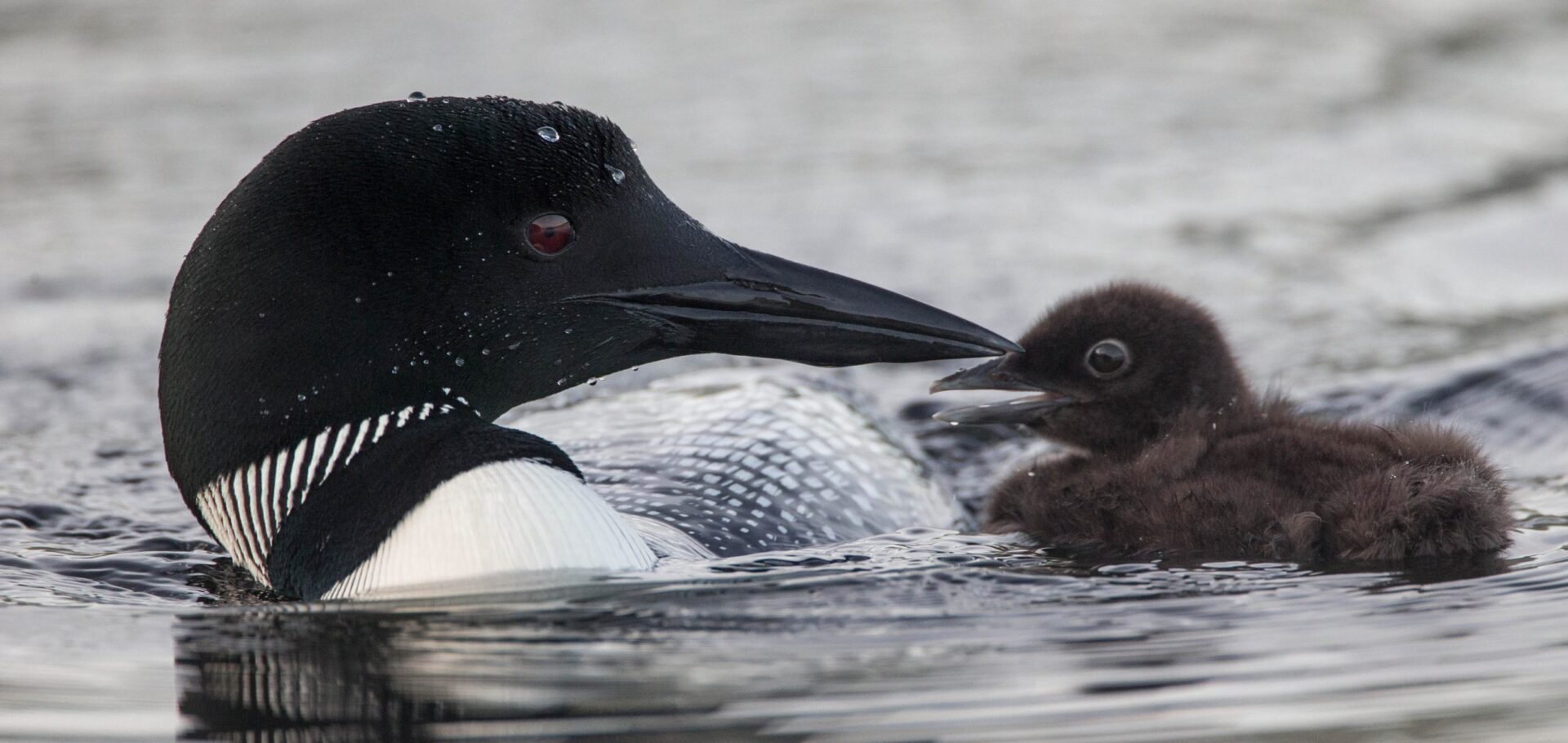Canada has officially declared a climate emergency, and we’ve known for some time we’re in a biodiversity crisis. Canada’s laws have struggled to catch up to our new reality. But recently, we’ve had some success.
For the past three years, Ecojustice has been working hard to strengthen federal laws that protect the environment. We’ve provided expert testimony in front of committees, and made many recommendations to beef up environmental legislation. And, most importantly, when we asked supporters like you to step up, you did — with letter-writing campaigns on Bill C-69, and even a phone-call blitz to prevent oil and gas interests from hijacking the democratic process on that bill.
As the sun set on what may be the final legislative session of the current federal government, a bundle of bills finally passed that, if enacted well, has the potential to provide much-needed protection to the environment in Canada:
✔ Bill C-48: legally enforces a moratorium on oil tankers in northern B.C.;
✔Bill C-55: amends the Oceans Act and the Canada Petroleum Resources Act to ensure swifter protection for marine protected areas;
✔Bill C-68: the overhaul of the Fisheries Act restores many of the protections to fish and fish habitat that were stripped away by the Harper government, and depending on how it is regulated in future, should be a valuable tool to reverse the degradation of marine ecosystems and species.
✔Bill C-69: this new law introduces the Impact Assessment Act (IAA), which fixes Canada’s broken environmental assessment process by ensuring important environmental issues like climate change, Indigenous rights, and sustainable economic development are all factored into future assessments.
As always with the law, the devil is in the details — or in many cases, in the regulations of how these new and updated laws will be enforced. Just because these laws managed to navigate many twists and turns to receive Royal Assent, does not mean our work is over.
In fact, we’re hoping to redouble our efforts to ensure the laws in Canada are able to address the global climate emergency and biodiversity crises. Protecting the planet through legislation is one lever we hope to be able to pull on as the climate fight marches on. To that end, we’ve hired a new Director of Legislative Affairs, Tony Maas, who brings a wealth of experience to our Ecojustice family on program strategy, public policy and stakeholder relations.
Although Ecojustice is best known for our victories in the courtroom, those are only made possible because of Canada’s environmental laws. We’re only as good as the tools we’ve been given to use.
Good laws are the key to holding government and industry in check and to account. They can also ease tensions between industry, environmental and community interests by ensuring fairness for all. While these new laws aren’t perfect, they are refilling our environmental-law toolbox — and we intend to use them well.



